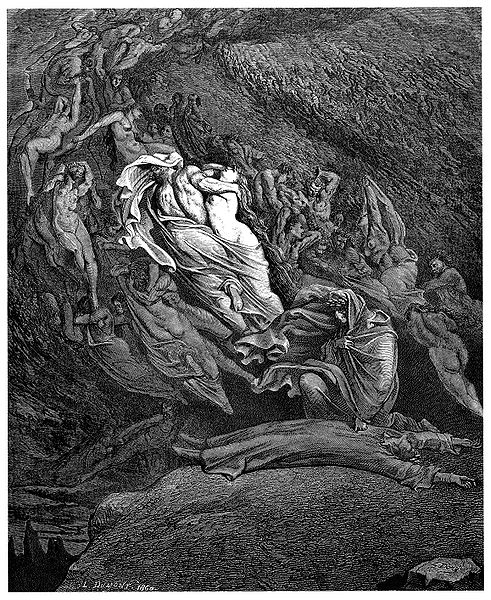The Endless Joke on Me About Moby Dick
As I entered my second and third year teaching English to Cadets, increasingly the assigned studies for 2d year - Yearlies - got into Great Literature.
Yearlings, out from under the 'Dumbsmack' subordination of Plebes, began to be more lively in class, discussing, arguing, and wrestling with the idea that great literature - plays, novels, short stories - while entertaining - contain profound human truths within their metaphors.
That was a hard to swallow idea for literally-minded, practical cadets first being exposed to great literature, and how it works its magic
At one point the assignment, spreading over many reading assignments was Herman Melville's classic and very lengthy and often turgid 'Moby Dick.'
Some of the cadets in my class just could not believe that tale had anything to do with anything except being a superb "Fish Story.' The various interpretations scholars attributed to it - a fable about good and evil, the contest by man - Ahab - against overpowering nature or God - the Whale, did not go down well with many a practical minded cadet. Of course my task was for them to see in the story more than just the tale of the chase.
Among Yearlings that passed through my class there were those outspoken ones who just refused to accept any other interpretation than it being a Fish Story. And out of my earshot they accused me of seeing things that were not there in the literal text.
In fact, it became such a joke in the Class of '59 that, 45 years after we had separated going our various professional ways - when I surfaced logging into a graduate discussion 'Forum' online - open only for graduates - a number of Class of '59 retirees jokingly harangued me by claiming, loudly, 'Moby Dick is ONLY a fish story."
Even when my Nomination for Distinguished Graduate circulated in 2004, and the Class of '59 heartily endorsed me, the joke forever was there "Old Dave Hughes still thinks Moby Dick is MORE than a Fish Story!"
I even heard it from retired 2 and 3 star general officers who had been 'my' cadets from that class!
Dante and Cadet Souls
In many of the classes, I endeavored to integrate art and even music, into studying the great works.
Having built, at home, an excellent high-fidelity early-technology set of Bozak speakers, turntables, and amplifiers to play Patsy's and my music on, I hit on one possible use for both art AND music to reach the sensitivities of cadet minds.
The Great Work that was to be studied for part of a Term taken by Senior - 1st Classmen - Cadets was The Divine Comedy - Dante Aligheri's Inferno.
That is, even in well annotated English translation, heavy going for college young minds. At the same time those minds exist in equally young virile bodies, greatly limited in their outlet for sex while at the 'monastery' that is West Point.
So those same junior and senior cadets cadets are freer than during their first two years, to go off post, in their own cars, or with others, and visit New York City, where their social behavior is far less scrutinized.
So, within the many chapter readings they were assigned, as Virgil is led down through the circles of Hell to witness the wages of a sinful life, I assigned them the classic illicit love story of 'Francisco da Rimini' Wherein the Paolo who was supposed to perform a marriage by proxy for his deformed brother, fell in love with unsuspecting Fransesca while reading about Lancelot and Guinevere and - as the line goes in Dante 'They read no more that day' And were murdered by the brother.
In Dante they were condemned to one of the Rings of Hell eternally because they died before they had a chance to repent.
Peter Ilyich Tchaikovsky turned that into a very well known Symphonic poem, whose sound mirror the lover's eternal damnation.
And artist Gustav Dore rendered the entire story in a series of classic black and white drawings.
So what I did was select the Monday after many cadets could have visited the flesh-pots of New York to expose them to the moral lessons art and music can be taught through the meaning of great written literature.
I set up in the 18th Century lecture room with high, vertical arrangements of wooden seats which place the student directly opposite a towering screen behind the instructors lecturn. I put my Bozak Speakers behind the cadet class sitting in the gloomy lecture room and then projected the whole series of Dore engravings on the huge screen even above cadet heads, like this one:

in pace with the Music's rendition of the story
All to communicate into the vulnerable souls of the Cadets the great lessons of sin and damnation great Literary, Musical, graphic Art can convey - and convince.
Years later some graduated cadets remembered the 'lesson' vividly.
Whether it did anything for their Souls, I cannot say.
